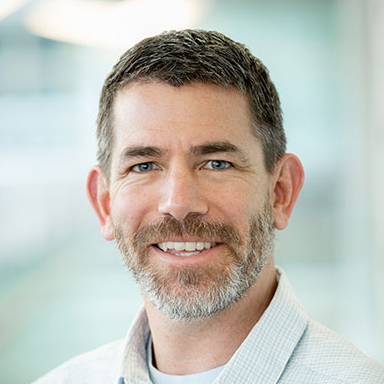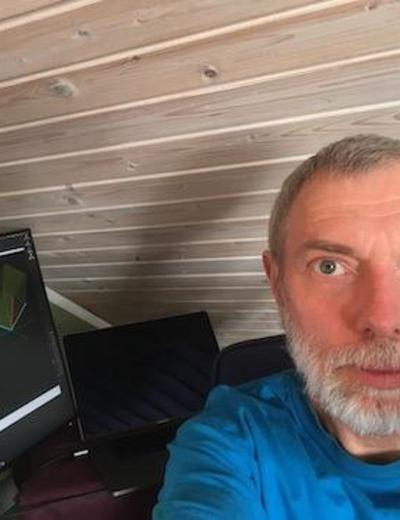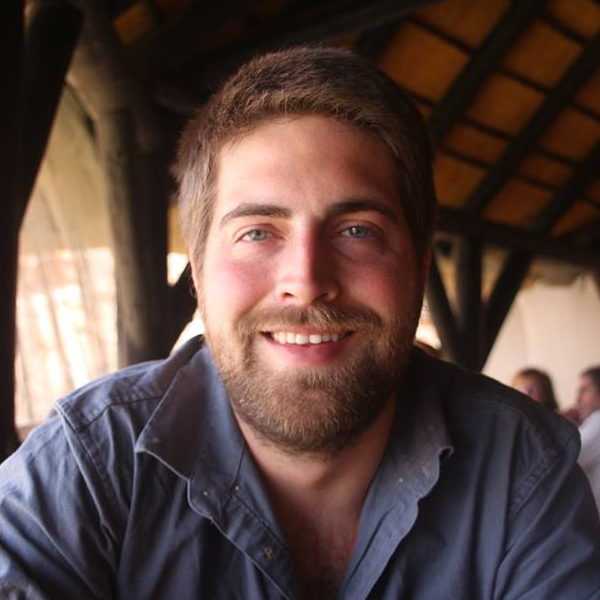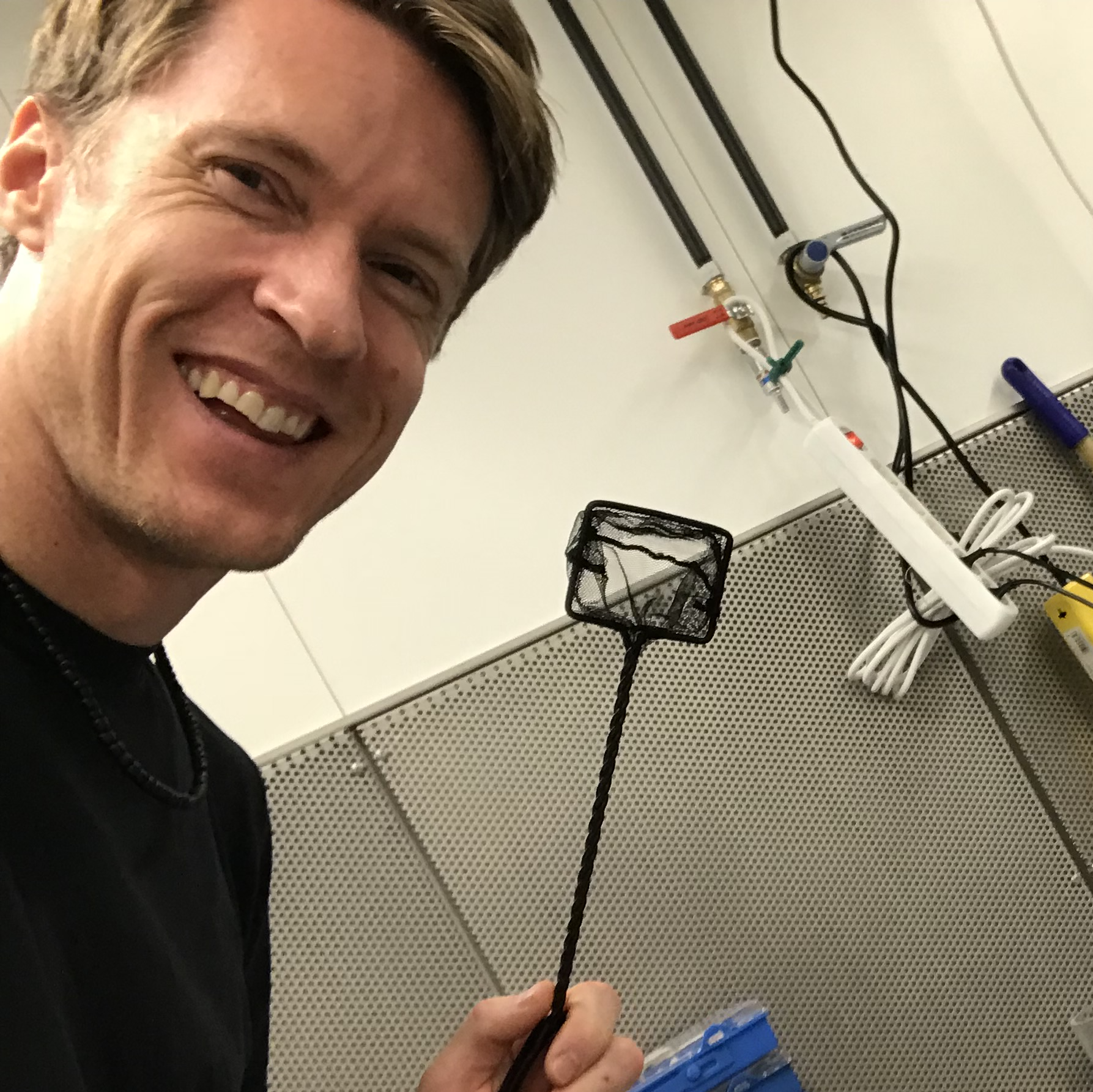SORTEE member voices – Jason Pither
[SORTEE member voices is a weekly Q&A with a different SORTEE member]
Name: Jason Pither.
Date: 03 July 2021.
Position: Associate Professor.
Research and/or work interests: Ecology.
What institutional policies do you see as most important to change to improve the reliability of science? (‘institution’ broadly defined including funders, journals, universities, etc.)
Universities need to change promotion and tenure assessment policies to explicitly value ORT. A few universities have implemented such changes, but this needs to become standard worldwide. Early career researchers need to know from the start that their ORT efforts are valued.







